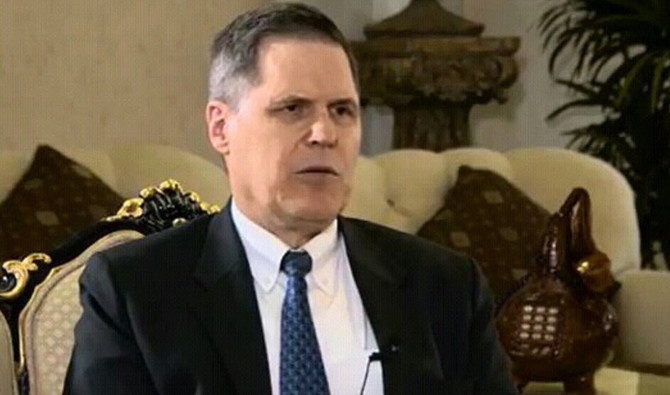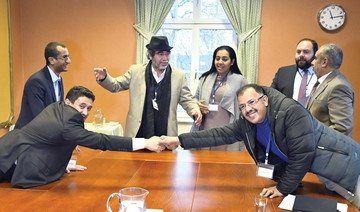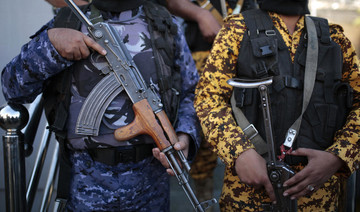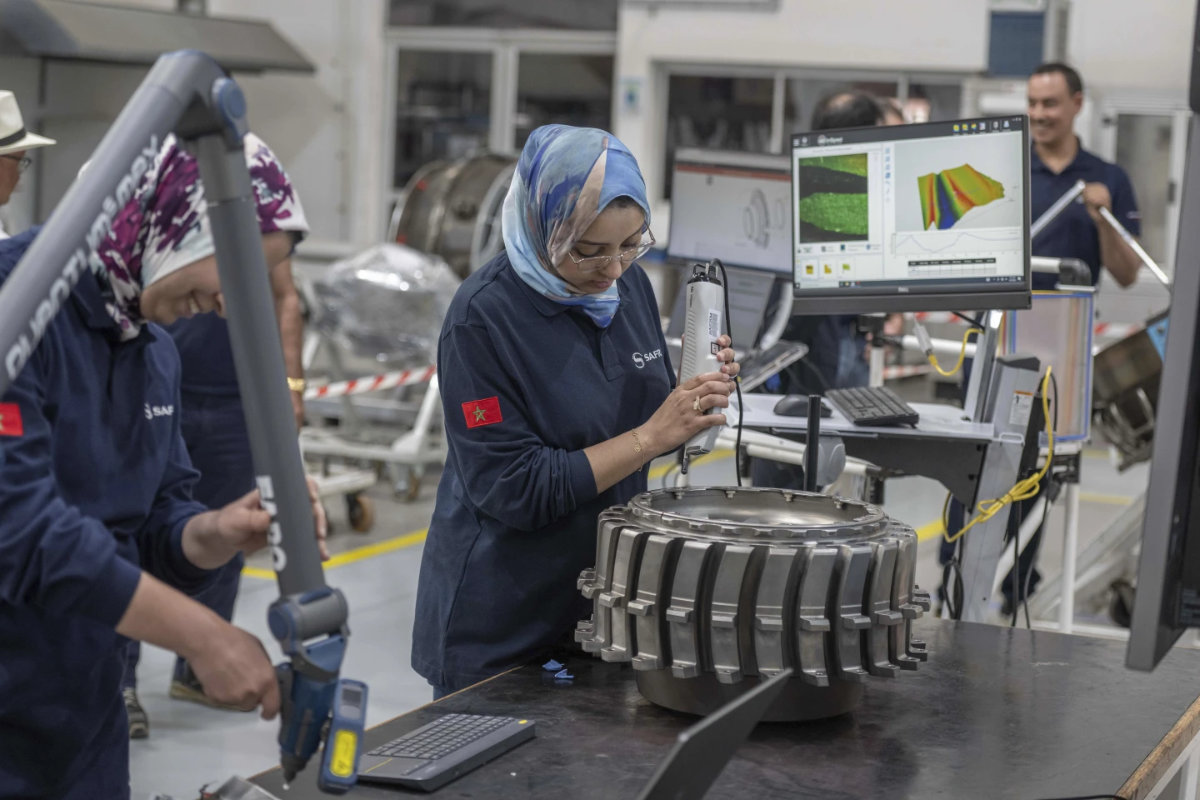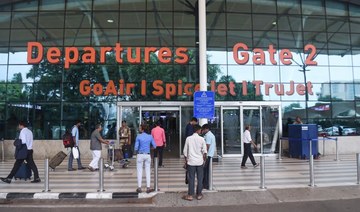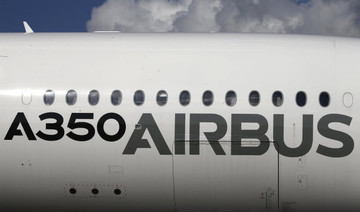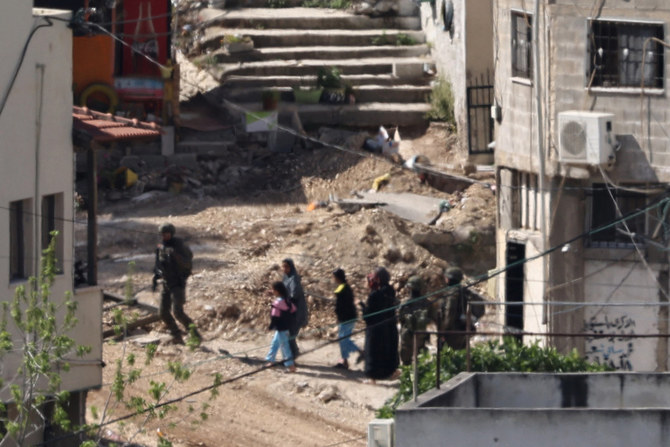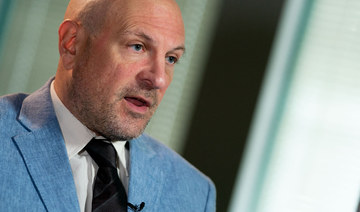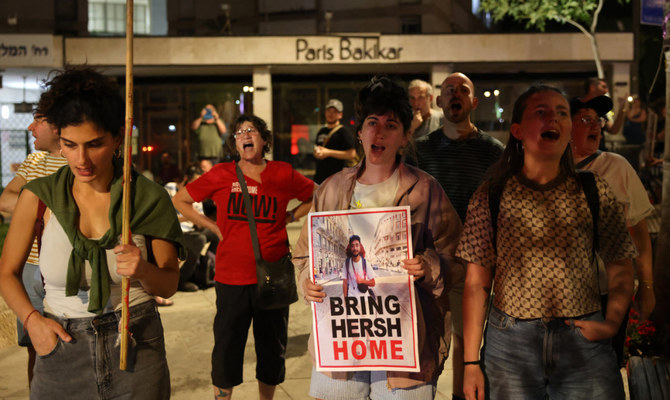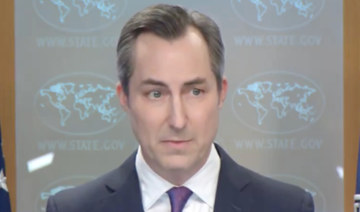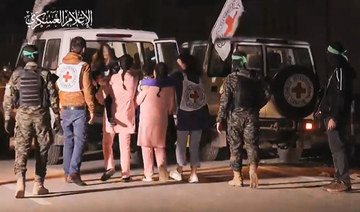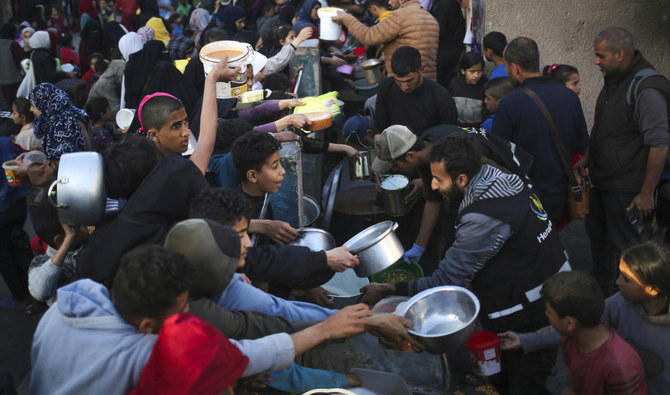JEDDAH: Matthew Toller, the American ambassador to Yemen since 2014, looked exhausted after almost a week of peace talks, but as soon as he sat down for our interview in the lobby of a hotel in the Swedish capital, Stockholm, a smile appeared on his face.
He is one of five envoys from the permanent member states of the UN Security Council who are meeting with delegations from both sides in the Yemen conflict: the legitimate government and the Houthi militias. Does his smile mean the talks are going well?
“It is clear that the talks of the international community with these parties indicate the unity of the international community’s position regarding the two sides,” he said. “I do not want to get into details but I assure you that the intentions of the five member states reflect a strong support for the role of the UN envoy.”
Toller believes that the Yemeni government delegation is doing its best to represent all Yemenis.
“When I look at the governmental delegation, I see a representation of Yemenis from all regions and political parties, in addition to a female member, which indicates that today’s government includes factions that were never (previously) considered a part of the Yemen’s future,” he said.
“I am happy to know that the Yemeni government is publicly ready to allow the participation of the Houthis, given that their participation will be peaceful and not by the use of arms.”
He also stressed that the Yemeni government cannot be controlled by a single tribe, region or religious sect.
Asked how well the talks been going and whether he feel optimistic about the prospects for peace, Toller said that he believes diplomacy has already proved successful simply because UN envoy Martin Griffiths was able to convince the two sides to sit down together and negotiate.
“All the thanks and appreciation go to the envoy and all the states that contributed to this achievement,” he said. “Tension is clearly still present and it is mainly due to the lack of trust between the two Yemeni parties.
“However, many agreements have been concluded with the Houthis, including the agreement that ended the previous Sa’ada wars. Even when Houthis entered Sanaa in September 2014, a national peace and partnership agreement was reached, which indicates the past extensive experience in negotiations between the two parties.
“When these consultations end in Sweden, everyone will go back to their places and will start implementing what was agreed upon. We hope the two parties will be able to make more progress in the near future.”
Has he seen any evidence that the Houthis have matured politically, which has long been a concern of his.
“We will wait and see how much they will commit to the agreement, for the political maturity often depends on the commitment level, accompanied by opportunities,” he said. “I cannot but praise the living arrangements in the hotel, which allowed the members to meet unofficially and granted them the opportunity to bond during unofficial encounters, away from all the tension.”
Toller and his fellow ambassadors also met representatives from the two delegations at Johannesburg Castle, 60 kilometers north of Stockholm.
“We had an official meeting between the ambassadors and a group including a member from the Houthis’ delegation,” he confirmed.
He was more guarded about discussing whether he had met individually with the Houthis, and if so whether it had been in an official capacity, saying only: “I communicated with some of them in my own way at the castle. All my meetings are official — I am the ambassador of the US to Yemen, 24 hours a day.”
Griffiths, the UN envoy, has thanked the coalition led by Saudi Arabia for its contribution to the success of the peace negotiations. Toller has his own view of the Saudi role in the process.
“I really respect the Saudi Ambassador to Yemen Mohammed Al-Jaber,” he said. “He is such a helpful man, with constructive ideas, and he is representing the interests of his country, which wants this war to end.”
With the first round of peace talks due to end on December 13, attention is beginning to turn to the next steps and the possibility of further negotiations.
“This is up to the special envoy,” said Toller. “What really matters is to resume the consultations soon, and hopefully end in a few weeks or a maximum of one month.”
Ultimately, he hops that the biggest beneficiaries of the peace process are the Yemeni people and he has already had some feedback.
“I get a lot of messages from Yemenis and, given my long stay in Yemen, I have built a lot of connections — not only politicians, but also with people working in sports, education and civil society institutions,” he said. “Those people are hoping for the crisis to end because the people can no longer bear the situation.
“I also get disappointment. Yemenis are feeling disappointed because they believe that their leadership is not working in their best interests but, rather, catering for individuals or certain political parties.
“I wish they would listen to these messages and change their behavior and actions to meet the needs of the Yemeni people. I also hope the Yemenis will reach an agreement, not to please the UN envoy, the ambassadors or the media, but to fulfill the basic needs of Yemenis.”
(Courtesy: Asharq Al-Awsat)


